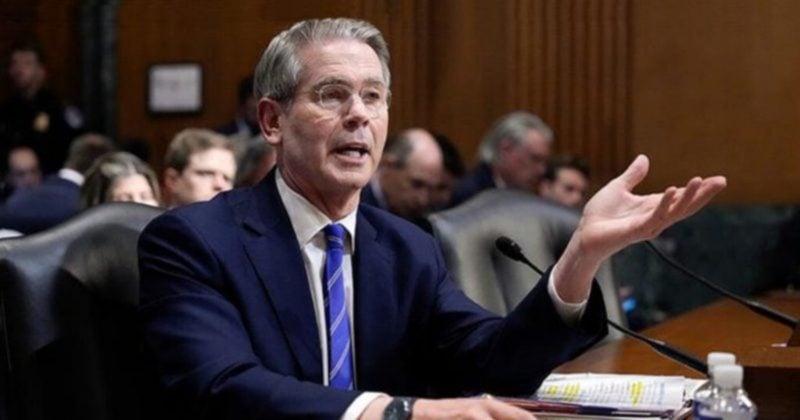Key Takeaways
- The Treasury Department has opened public comment on stablecoin oversight under the GENIUS Act.
- Stablecoin issuers must maintain full reserves, offer regular audits, and comply with anti-money laundering standards under the new law.
Share this article
The US Treasury Department on Monday issued a request for public comment on implementing the newly signed GENIUS Act, short for Guiding and Establishing National Innovation for US Stablecoins Act, which creates a comprehensive regulatory framework for stablecoin issuers.
The Treasury is seeking feedback on innovative methods for detecting illicit activity involving digital assets, including application program interfaces, artificial intelligence, digital identity verification, and blockchain technology monitoring. Comments must be submitted by October 17, within 60 days of Federal Register publication.
In a statement on X, Treasury Secretary Scott Bessent said the GENIUS Act will strengthen US dominance in digital finance and help drive global demand for dollar-backed stablecoins. That, in turn, could spark a surge in US Treasury purchases.
“It’s a win-win-win for everyone involved: stablecoin users, stablecoin issuers, and the US Treasury Department,” Bessent stated.
President Donald Trump signed the GENIUS Act into law on July 18, exactly a month ago.
The legislation, co-sponsored by Senate Banking Committee Chairman Tim Scott and championed by Sen. Bill Hagerty, establishes a dual federal-state supervision system for stablecoin issuers.
“With GENIUS becoming law, the US is stepping boldly into the future of finance with a clear signal that responsible innovation is not only welcome but essential,” Avery Ching, CEO and co-founder of Aptos Labs, said in a statement.
Under the new framework, only designated permitted payment stablecoin issuers (PPSIs) will be authorized to issue stablecoins after a grace period, with implementation expected around November 2026.
The law requires issuers to maintain full reserves backing stablecoins, conduct regular audits, and maintain high transparency standards. It also grants coin holders priority repayment rights during issuer insolvency and mandates compliance with anti-money laundering and anti-terrorism sanctions rules.
“The momentum we’re seeing today, from stablecoins to tokenized assets, is just the beginning of what’s possible with the right policy foundations in place,” Ching added. “This new stablecoin law will help unlock technologies that will transform how value moves around the world, expand access to the financial system, and unlock new economic opportunities for millions. We’re just scratching the surface of what’s possible.”
Share this article
